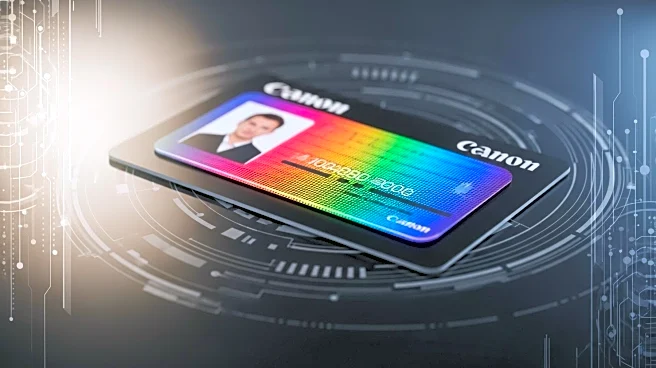What's Happening?
State and local governments are increasingly focusing on modernizing resident identity systems to improve service delivery and security. The current decentralized systems often lead to duplicate records, poor security, and frustrating user experiences. To address these issues, governments are adopting a unified resident identity framework that integrates identity verification, authentication, and access management. This approach aims to streamline access to public services, reduce fraud, and enhance public trust. Companies like Okta and Socure are providing solutions that support zero-trust architecture, ensuring secure and seamless access to government services.
Why It's Important?
The modernization of resident identity systems is crucial for enhancing the efficiency and security of government services. By adopting advanced identity verification and management solutions, governments can protect public funds from fraud and improve the user experience for residents. This initiative is particularly important as cyber threats become more sophisticated, posing significant risks to public data and resources. A modern identity framework can also help governments comply with federal and state regulations, ensuring that services are accessible and secure for all residents.
Beyond the Headlines
The shift towards modern identity systems reflects broader trends in digital transformation and cybersecurity. As governments adopt zero-trust models, they are not only improving security but also fostering greater public confidence in digital services. This transformation requires overcoming challenges such as legacy infrastructure and budget constraints, but the potential benefits in terms of efficiency and trust are significant. The collaboration between technology providers and government agencies is key to achieving these goals and ensuring that public services are both secure and user-friendly.









